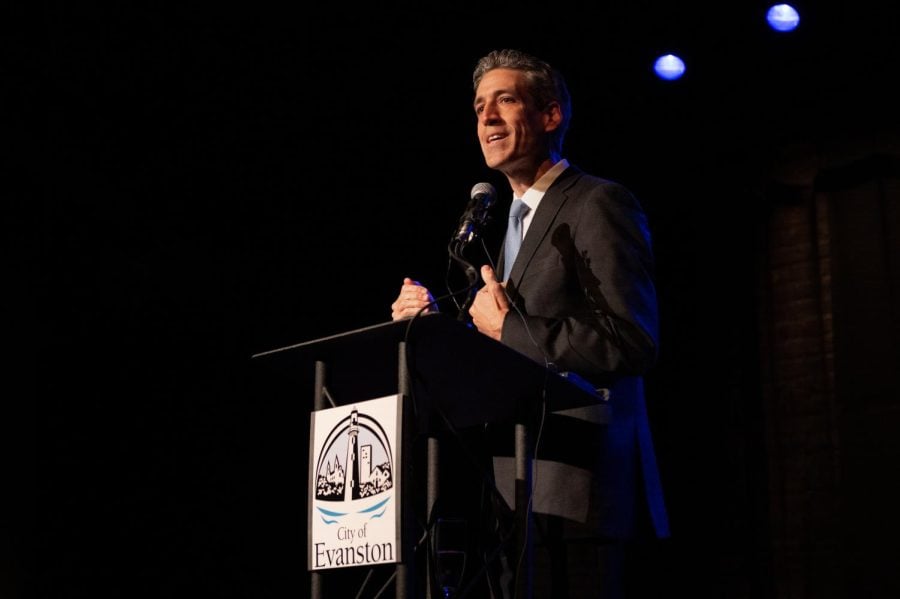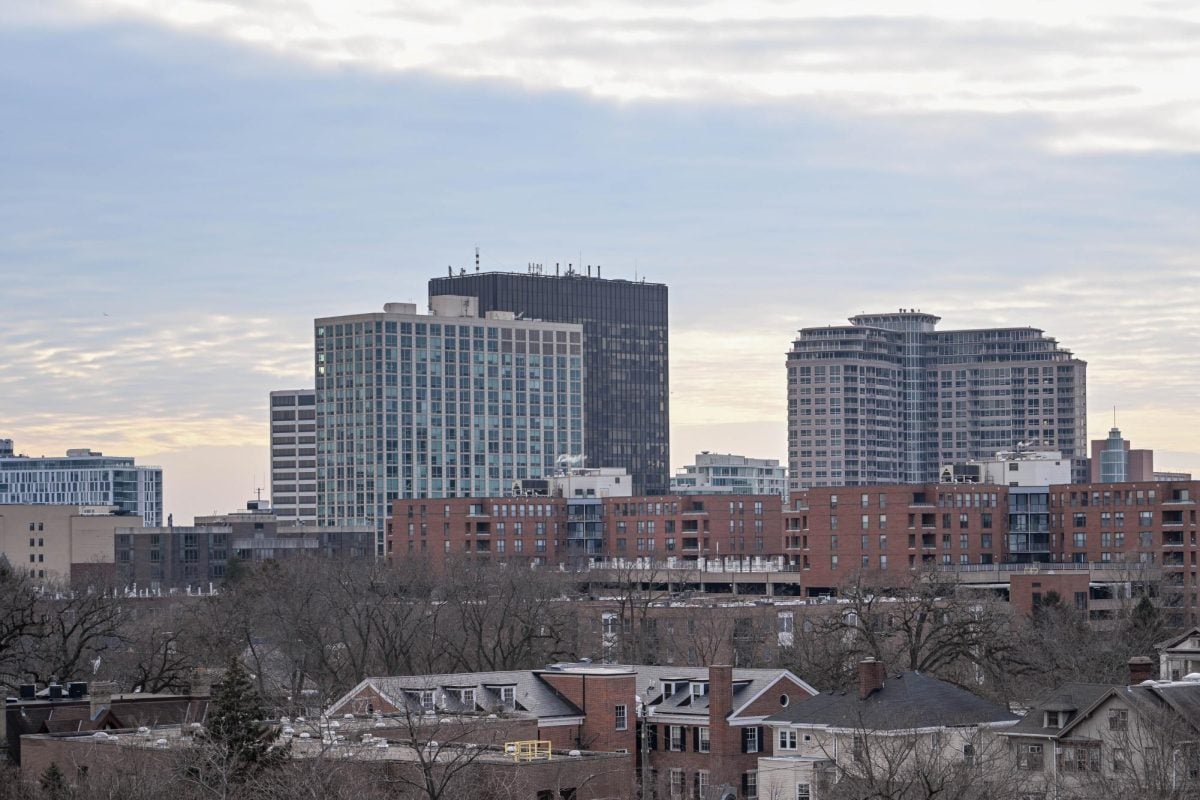There’s more to Evanston than Northwestern. For students who like to step outside of the University bubble, here’s The Daily’s guide to city government. It introduces the government and its interplay with advocacy groups, residents and the University.
Key Players
Evanston operates under a council-manager form of government. The city’s chief decision-makers are its nine city councilmembers, who each represent one of the city’s nine wards. The mayor — currently Daniel Biss — chairs City Council as a mostly non-voting member that presides over council discussion and votes.
City Council approves changes to the City Code, permit applications for zoning changes and property licensing and public contracts, among many municipal policies.
The City Manager carries out policies passed by City Council, overseeing the city government’s administrative departments. Evanston’s current City Manager, Luke Stowe, was appointed by City Council in August 2022 after multiple failed attempts to find a candidate over the course of a year.
In addition to City Council, more than 30 boards, commissions and committees scrutinize policies that might eventually go to the councilmembers. They also provide oversight for other city agencies like the Evanston Police Department and Evanston Fire Department. These bodies often comprise city councilmembers, local experts and other volunteer residents.
City Council generally meets every other Monday at the Lorraine H. Morton Civic Center. During these meetings, the council hears public comments, discusses general policies and votes on motions sent from the city’s committees.
Key Issues
Though Evanston is home to only 78,000 people, the city has many civically engaged residents that make it a politically active environment. Policies City Council pass often affect NU students as well — for example, the city’s recent ban on plastic bags and tax on single-use carryout bags applies to restaurants, grocery stores and other businesses students frequent throughout the city.
Participatory Budgeting
Evanston allocated $3 million of its American Rescue Plan Act funds to participatory budgeting, a process in which residents decide how to spend public money. With help from School of Education and Social Policy researchers and other NU students, the city held meetings for budget delegates to develop proposals that community members — including NU students — can vote on in September.
Reparations Program
Evanston is the first American city to pass a resolution on racial reparations. Its initial program, which provided $25,000 to qualifying residents for property down payments, mortgages or home improvements, aimed to address the city’s discriminatory housing practices toward Black residents from 1919-1969.
However, this restorative housing program has faced criticism from local activist groups like Evanston Rejects Racist Reparations for being too slow and restrictive. In late March, City Council approved direct cash payments to program recipients.
Rebuild Ryan Field
NU announced plans to rebuild its football stadium in September 2022 following an earlier donation from the Patrick and Shirley Ryan Family. The University plans for the new Ryan Field to have reduced seating, hold full capacity concerts and sell alcohol.
Before NU commences with this project, it must obtain three approvals from the city — a planned development for construction, zoning text amendment for the concerts and liquor license.
Residents have organized both in support and against aspects of the new stadium. The NU Accountability Alliance, which formed in May and includes Evanston and NU student groups, opposes holding concerts at the stadium. It also advocates for the city government to negotiate a community benefits agreement with NU before approving new stadium construction. NAA members also have concerns about the traffic, safety and environmental impacts of the new Ryan Field.
Field of Opportunities supports NU’s current plans to rebuild Ryan Field. It says most Evanston residents are supportive of the new stadium and planned concerts, as well as the financial benefits coming from the field — citing a public opinion poll and economic impact study both commissioned by NU.
City Council commissioned its own study on the impacts of Rebuild Ryan Field in May. The city’s Land Use Commission has tentatively selected Aug. 23 to consider the University’s proposals.
Email: williamtong2026@u.northwestern.edu
Twitter: @william2tong
Related Stories:
— A comprehensive guide to Evanston City Council meetings
— City Council approves complete ban on plastic bags, tax on all single-use bags



















